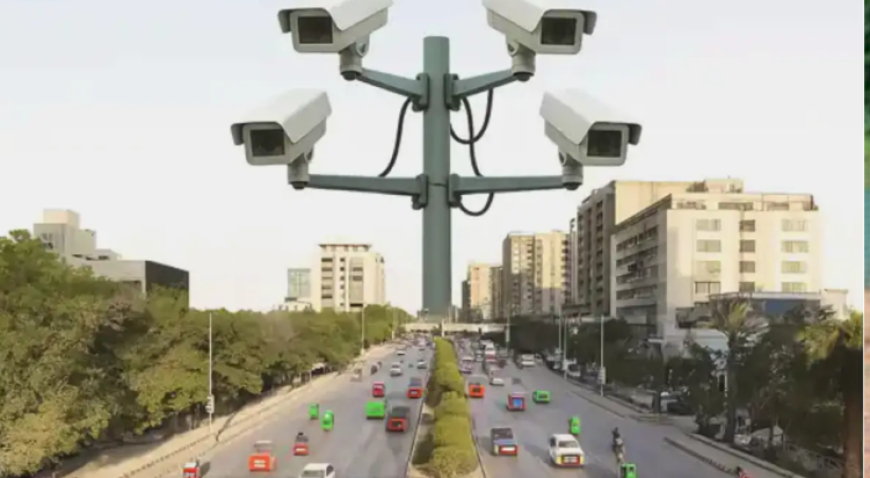SHC Issues Notices on Petition Challenging Karachi’s E-Challan System
Sindh High Court issues notices to authorities over a petition questioning the legal framework and transparency of Karachi’s e-challan traffic system.

The Sindh High Court (SHC) has issued notices to the Sindh government, the Karachi traffic police, and other concerned authorities on a petition challenging the legality of the e-challan system currently operating in Karachi.
The petition, filed by a local citizen, argues that the city’s e-challan mechanism lacks a proper legal framework and violates the constitutional rights of motorists. The petitioner claimed that many drivers are being fined without proper verification or the opportunity to defend themselves, raising concerns over transparency and procedural fairness.
According to the petition, the e-challan cameras installed across Karachi often issue fines based on unclear or faulty evidence. Several motorists have complained that they never received physical notices, while others said they were fined despite having no record of the alleged violations. The petitioner maintained that the system needs to be made more accountable and compliant with existing traffic laws.
During the hearing, the SHC bench asked the provincial government and traffic authorities to provide a detailed explanation of the e-challan process, including the legal grounds on which it operates, how violations are recorded, and what measures are in place to prevent wrongful penalties.
The court observed that technology should facilitate law enforcement, not create confusion or unjust practices. The bench noted that public trust in digital systems depends on transparency and accuracy, urging the authorities to ensure that no citizen is penalized unfairly.
A notice was also issued to the National Database and Registration Authority (NADRA) and the Excise and Taxation Department, seeking clarification on how vehicle registration data is accessed and used for issuing electronic challans.
The petitioner further argued that there is no clear system for appealing or reviewing e-challans, leaving citizens with limited options to contest incorrect fines. The court has directed all relevant parties to submit their responses before the next hearing date.
Legal experts say the case could set an important precedent for digital governance and traffic management in Pakistan, especially as more cities adopt electronic enforcement mechanisms. If the SHC finds flaws in Karachi’s e-challan framework, the government may be compelled to revise or suspend the system until proper legal procedures are established.
The case will be heard again later this month, and the court has indicated that it will closely examine whether citizens’ rights are being compromised under the current setup.
For more latest updates, visit Nation bytes

 Israr Ahmed
Israr Ahmed